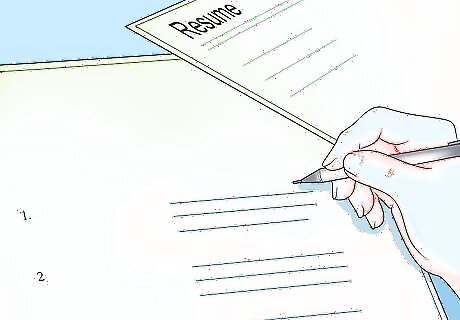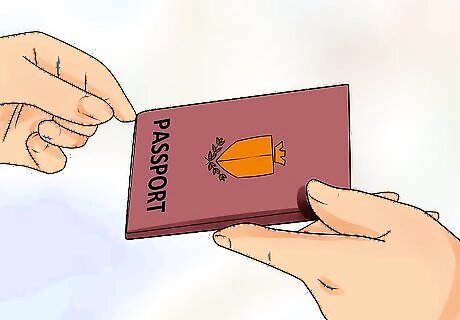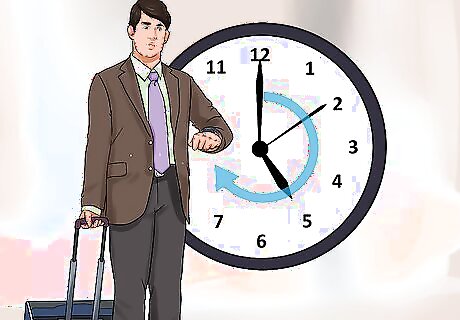
views

Decide on a country. Becoming an au pair to a family in a foreign country can be a great experience for anybody, but before any arrangements are made, you need to decide which country you want to go to.

See if you're eligible. Depending on your nationality, you may or may not be eligible to be an au pair in a certain country. For example, to become an au pair in England you must be a national of one of the countries in the European Economic Area, or from a small handful of other countries. In addition, most European countries stipulate that the au pair must be single and have no children, be between the ages of 18 and 27 and be willing to work 25 hours per week for the family. In addition, the au pair must dedicate 2 evenings per week to do chores or look after the children. Other countries have more specific requirements.

Find an agency. Once you've settled on a country and determined that you're eligible to be an au pair there, now you need to find an au pair agency to match you to a host family. Many European countries have au pair associations that standardize and regulate au pair agencies. It is best to work with an accredited or member agency to make sure that your rights are represented, and to ensure you find a good host family fit.

Commit to the agreement. Before your au pair and host family relationship is settled, you will need to agree to the terms of the arrangement. Depending on which country you're in, you may be expected to stay as an au pair for a certain amount of time. For instance, in France an au pair is expected to stay for at least 10 months at a time. In addition, some countries may have other requirements, like taking language classes.

Get the appropriate travel documents. Nationalists from the European Economic Area and a few other countries under the Freedom of Movement Act can au pair without having to secure a visa first. You should always check to see what kind of documentation you will need to enter a European country as an au pair. Visas can usually be applied for at the hosting country's consulate or embassy in your home country.

Make the trip. Once your papers are in order and you've contracted with a host family, you will need to secure travel arrangements to that country. Depending on the nature of your contract, you may be responsible for paying your own travel costs.















Comments
0 comment